

This comprehensive guide explores the world of cap screws, covering their types, applications, materials, and selection criteria. We'll delve into the nuances of choosing the appropriate cap screw for various projects, ensuring you have the knowledge to make informed decisions. Learn about different head styles, drive types, and material considerations to optimize your project's performance and durability.
Machine screws are general-purpose cap screws commonly used in various applications. They are characterized by their relatively fine threads and are often driven by a slotted, Phillips, or other types of screwdriver. Their versatility makes them a staple in many industries. Selecting the correct size and material is crucial for ensuring a secure and reliable fastening. Factors such as the required tensile strength and the material being fastened will influence your choice.
Socket head cap screws, also known as Allen screws, are recognized by their hexagonal socket head. This design allows for the use of a hex key (Allen wrench) for tightening, providing a strong and clean finish. SHCS are known for their high strength-to-weight ratio and are frequently used in applications requiring precision and high torque. They are available in various materials, including stainless steel, carbon steel, and brass, each with its own unique properties.
Hex head cap screws are another popular choice, featuring a hexagonal head suitable for wrenches. These are extremely durable and versatile, often favored in applications requiring significant clamping force. The size of the hex head dictates the wrench size needed, and the choice of material determines the screw's strength and resistance to corrosion.
The material of a cap screw significantly impacts its performance and lifespan. Common materials include:
| Material | Properties | Applications |
|---|---|---|
| Carbon Steel | High strength, cost-effective | General-purpose applications |
| Stainless Steel | Corrosion resistant, high strength | Outdoor applications, corrosive environments |
| Brass | Corrosion resistant, good electrical conductivity | Electrical and plumbing applications |
Table: Material Properties and Applications of Cap Screws
Choosing the right cap screw involves considering several factors:
For specialized applications or large-scale projects, consulting with a fastener specialist is always recommended. For a wide selection of high-quality cap screws and other fasteners, consider exploring reputable suppliers. A reliable supplier can offer technical assistance and ensure you're selecting the right product for your specific needs. For more information on sourcing your fasteners, you may find Hebei Muyi Import&Export Trading Co.,Ltd helpful. They offer a diverse range of fasteners for various applications.
Understanding the various types and characteristics of cap screws is crucial for success in any project requiring secure and reliable fastening. By carefully considering the factors outlined above, you can select the most appropriate cap screw for optimal performance and longevity. Remember to always prioritize safety and consult with professionals for complex applications.


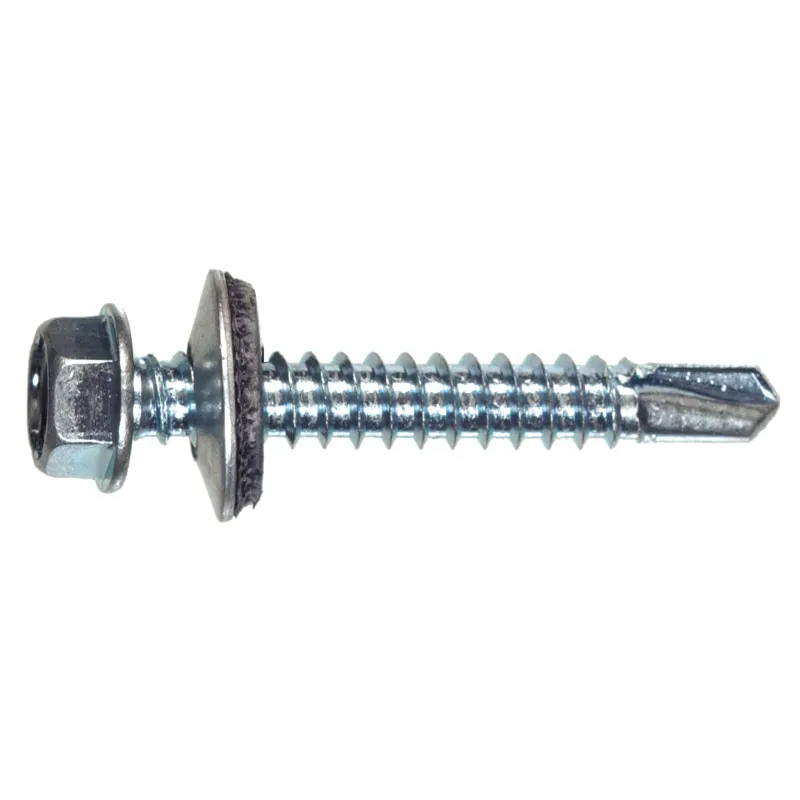
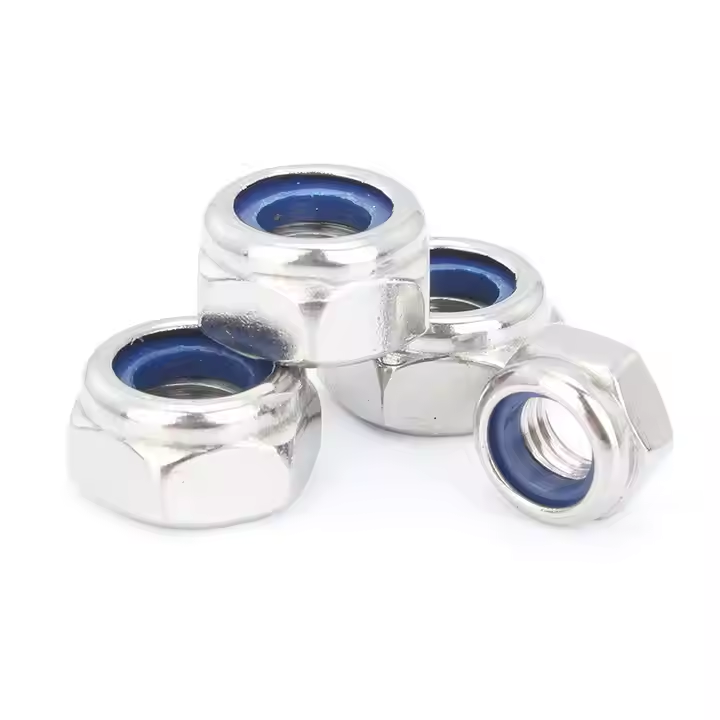
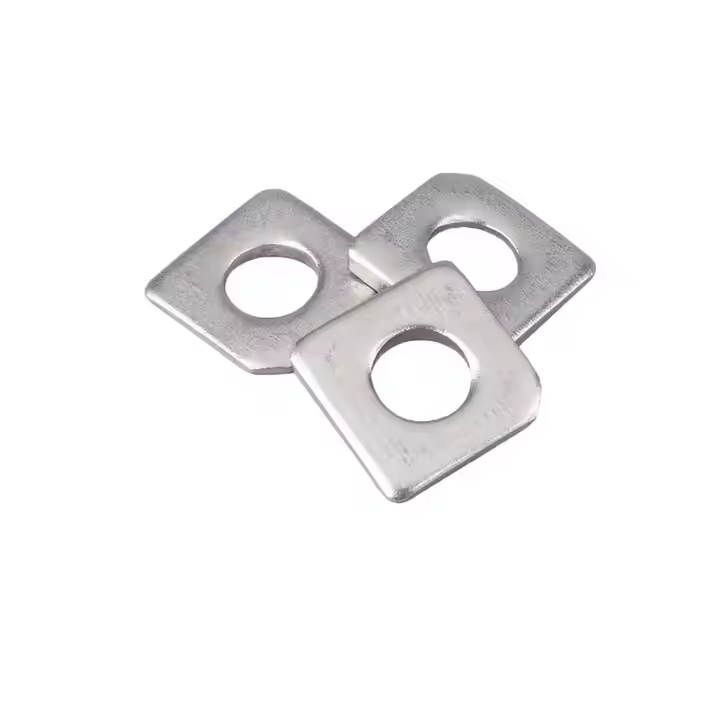
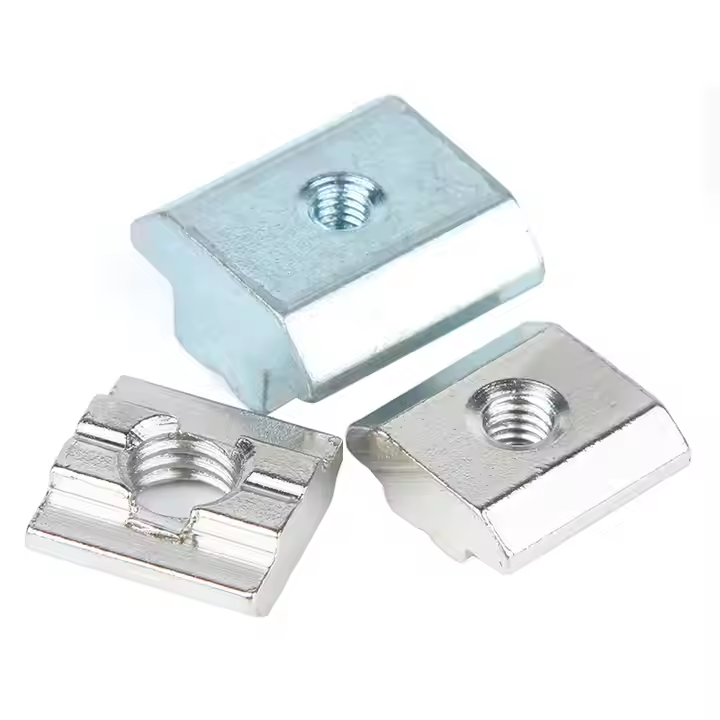
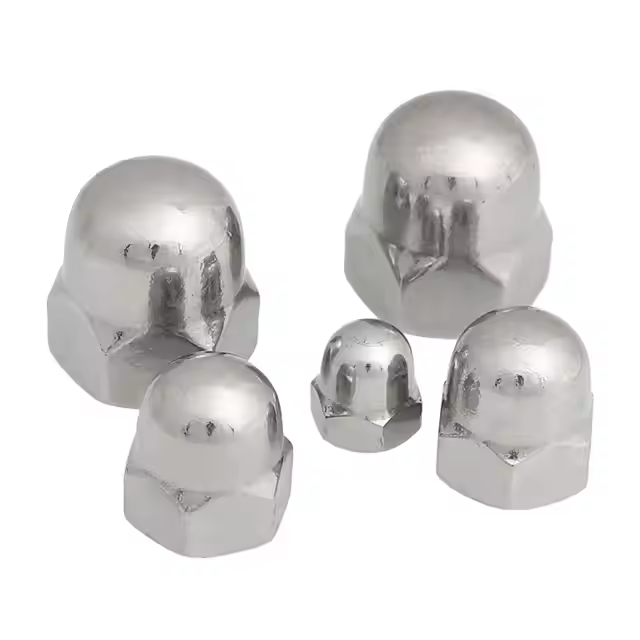

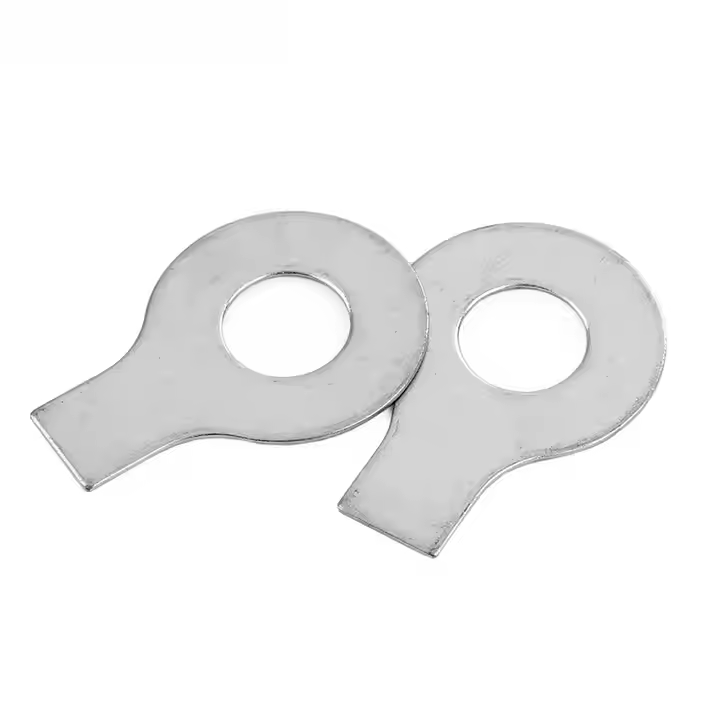
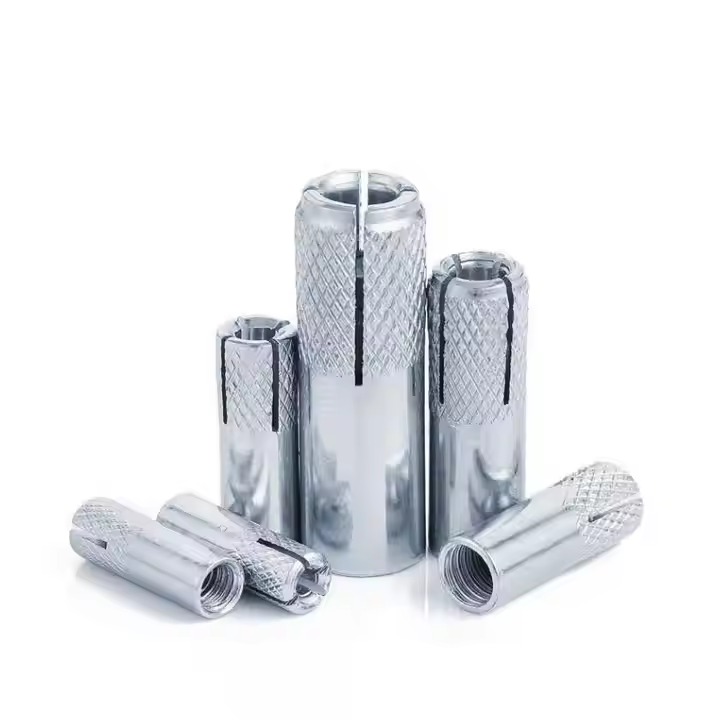


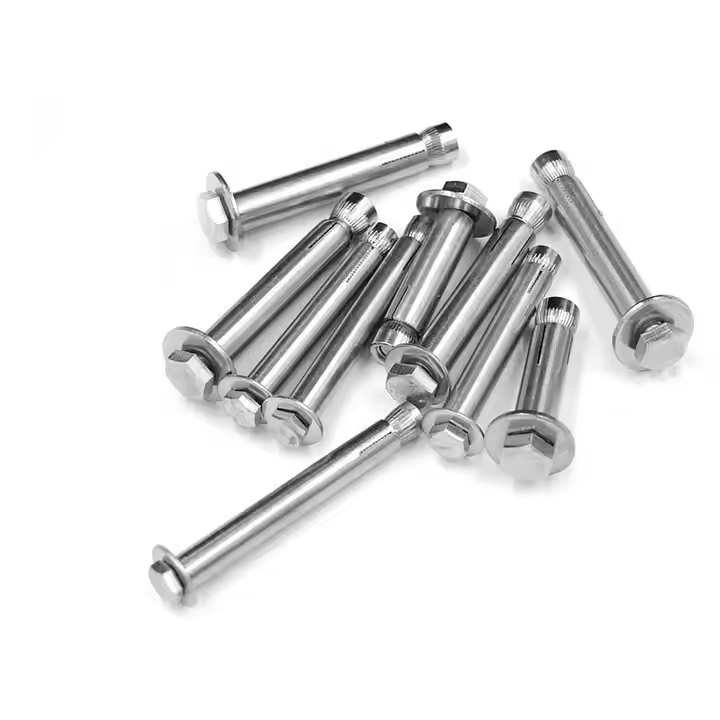
Please enter your email address and we will reply to your email.